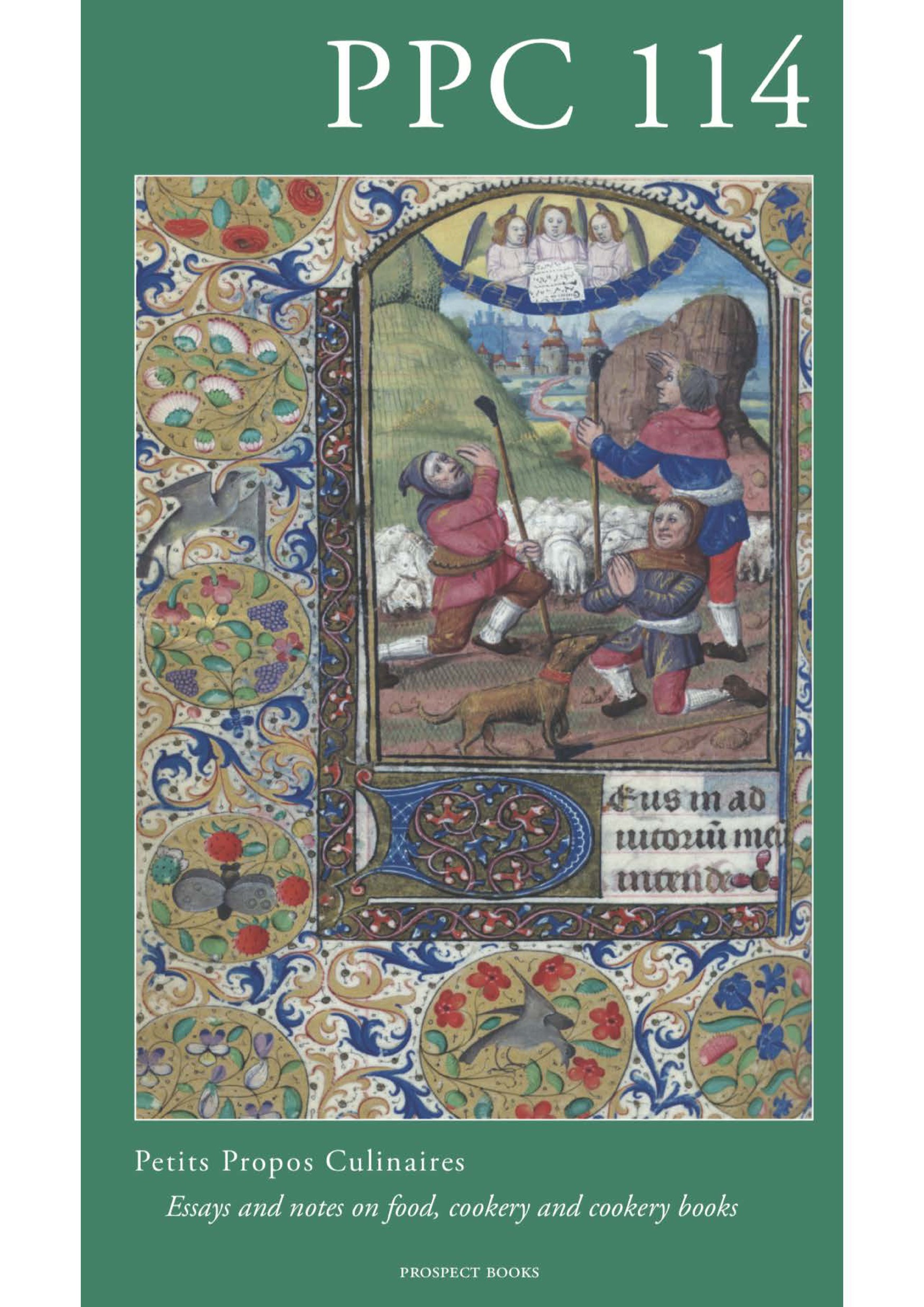Polenta or Mamaliga? British Perceptions of a South-east European Dish
DOI:
https://doi.org/10.1558/ppc.28062Keywords:
polenta, cornmeal, pellagra, maize, iconic foods, mămăligă, Romania, Columbian exchange, preparations & techniques, 18th century, 19th-century, national dish, peasant foods, folk traditions, recipe, vitamin deficiencies, Food and Health, staple foodsAbstract
This article focuses on the historical importance of cornmeal preparations in Romania, especially among the poor during the 18th and 19th- centuries, and the consequences of over-reliance on this food which, when not properly prepared, leads to the potentially fatal disease of Pellagra, caused by a lack of the vitamin niacin (vitamin B3).
Published
2019-06-01
Issue
Section
Articles
How to Cite
Jianu, Angela. 2019. “Polenta or Mamaliga? British Perceptions of a South-East European Dish”. Petits Propos Culinaires, June, 28-36. https://doi.org/10.1558/ppc.28062.

